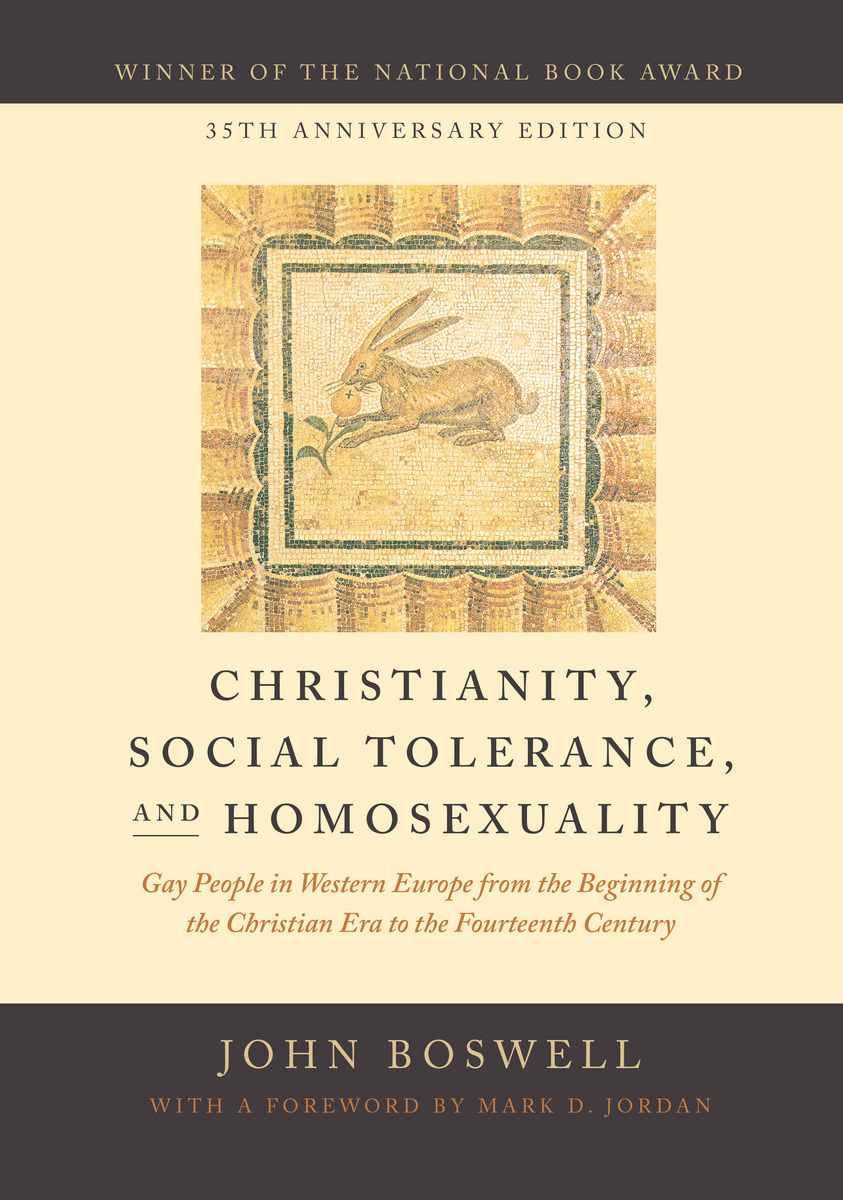

A rare cross-over academic book, Christianity was widely reviewed-and criticized-almost instantly. Given the wide array and range of historical studies of sexuality available now, it is easy to forget the paucity of serious work when Boswell was developing his arguments. Kuefler frames Boswell's work in terms of the general intellectual environment and the salient controversies Christianity spawned. In so doing, the volume indicates the substantial impact of Boswell's work on the study and interpretation of sexuality in the past. A sympathetic collection, the essays nonetheless take seriously epistemological, methodological, and interpretive issues surrounding the Boswell Thesis. Kuefler has organized the essays to focus on the controversy and implications of Boswell's most famous work. In the introduction to his edited collection, Mathew Kuefler identifies four main points-Greco-Roman tolerance for same-sex relationships, the absence of hostility in Christian scripture, the lack of animosity toward homosexuality among early medieval Christians, and the emergence of hostility in the twelfth and thirteenth centuries-as the core of the "Boswell Thesis." In addition, John Boswell's Christianity, Social Tolerance, and Homosexuality: Gay People in Western Europe from the Beginning of the Christian Era to the Fourteenth Century (1980) defended the academic study of homosexuality, developed sexual terminology for such study, indicated that variation in the meanings of "nature" over time had to be considered, and asserted that urbanism allowed for more tolerance of sexual difference than rural society (pp.

Reviewed by Katherine Crawford (Department of History, Vanderbilt University) The Boswell Thesis: Essays on Christianity, Social Tolerance, and Homosexuality.Ĭhicago and London: University of Chicago Press, 2005.


 0 kommentar(er)
0 kommentar(er)
